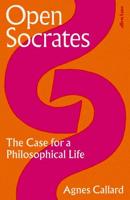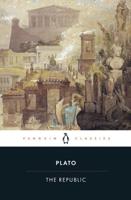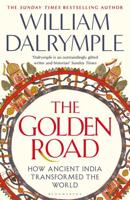Publisher's Synopsis
The Epitome of the Divine Institutes is a book written by Lactantius, a Christian author who lived in the late 3rd and early 4th centuries AD. The book is a condensed version of Lactantius' larger work, the Divine Institutes, which is a comprehensive treatise on Christian doctrine and ethics. The Epitome covers a wide range of topics, including the nature of God, the creation of the world, the fall of man, the life and teachings of Jesus Christ, and the end of the world. It also discusses various aspects of Christian morality, such as the virtues of humility, charity, and forgiveness, and the vices of pride, greed, and envy.One of the main themes of the book is the contrast between the Christian view of the world and the pagan view. Lactantius argues that the pagan gods are false and that their worship leads to immorality and corruption. He also criticizes the Roman Empire for its persecution of Christians and its reliance on military power.Despite its age, The Epitome of the Divine Institutes remains an influential work in Christian theology and philosophy. It is a valuable resource for anyone interested in the history of Christian thought and the development of Christian doctrine.But respecting the king and father of all these, Jupiter, whom they believe to possess the chief power in heaven, --what power [3] had he, who banished his father Saturnus from his kingdom, and pursued him with arms when he fled? What self-restraint had he, who indulged every kind of lust? For he made Alemena and Leda, the wives of great men, infamous through his adultery: he also, captivated with the beauty of a boy, carried him off with violence as he was hunting and meditating manly things, that he might treat him as a woman. Why should I mention his debaucheries of virgins?This scarce antiquarian book is a facsimile reprint of the old original and may contain some imperfections such as library marks and notations. Because we believe this work is culturally important, we have made it available as part of our commitment for protecting, preserving, and promoting the world's literature in affordable, high quality, modern editions, that are true to their original work










